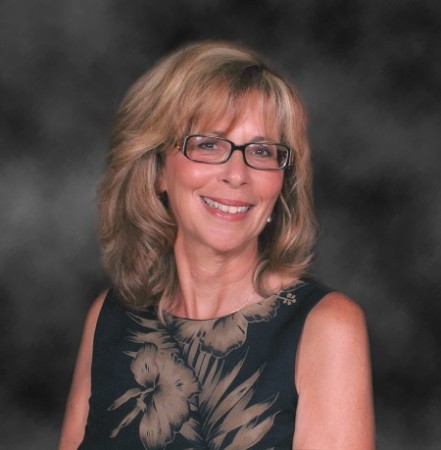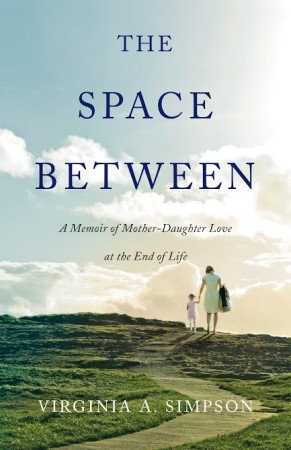Five Steps I Took to Heal My Relationship with My Mother before She was Gone
 Guest Post Virginia A. Simpson, PhD, FT
Guest Post Virginia A. Simpson, PhD, FT
When beloved celebrities like David Bowie, Alan Rickman, Abe Vigoda, and Maurice White die, we remember the sights and sounds of their performances, the joy and laughter they triggered. Grieving for these beloved strangers can be intense—and may even serve as an outlet for tears that were not shed when someone close to us died.
In stark contrast, the death of a loved one often triggers a whole spate of mixed emotions— especially when that loved one is a parent and we’ve been the caregiver. We experience sadness, yes, but sometimes relief that the more arduous aspects of our difficult role have come to an end. Many of us also feel deep regret about things that were never said and for the thorny relationship rifts that were never mended.
Because my father died suddenly when I was only twelve, I knew what it was like to have those regrets, and I didn’t want to repeat that experience with my mother. With my dad’s death, my life changed in an instant. With my mother, I had more time, but didn’t want to waste any of it on arguments and hurt feelings.
When she came to live with me, I felt the clock running down on the time left to heal our typically complex mother-daughter connection. Even as a professional in the field of death, dying, and bereavement, it wasn’t easy for me.
Like so many mothers and daughters, we loved each other deeply yet could really get on each other’s nerves. One minute we’d be laughing and the next arguing. I knew her life expectancy was short and I wanted to do better. When my patience with her wore thin, a voice deep inside would tell me to be nicer, kinder, more patient. As a friend of mine reminded me: She won’t always be here.
Those words resonated deeply and reinforced within me the need to close the emotional space between us. They helped me realize, too, that in many ways emotional wounds grow scabs just as physical wounds do. Had that happened to us? Was I too quick to protect myself during our interactions? Perhaps if I softened my stance and my words, the result would be more openness between us.
So I tried. It wasn’t always easy, but slowly, over time, we became more open and gentle with each other. The reward for dealing with the difficult struggles and challenges was that we said our final farewells with nothing but love between us.
Five tips for healing your relationship
1. Keep things in perspective.
Once your loved one has died, your worldview will suddenly change. All the issues that seemed so irritating and insurmountable will lose their importance. Try to bear this in mind while she is still alive.
2. Explain your vision.
Frame the conversation with a heartfelt explanation of why you’re having it in the first place. For example, “I love you, and our relationship is important to me but I see that we’re not relating well. I want to do what I can to help us connect.” This will enable your loved one to put aside defenses and to understand that you’re acting out of love.
3. Tell your story— honestly, and without blame.
To heal rifts, you will need to avoid pointing fingers or accusing. This means talking about yourself and you feel. For example, “I feel very nervous when I see you drinking.” Or, “It hurts when I feel you’re ignoring me.”
4. Don’t walk away: be patient.
Remember that your loved one, too, bears scars and may be sad and frightened. Lashing out in anger is often a manifestation of these two emotions. If this happens, be patient. Ask, calmly, “I see you are angry and wonder what’s going on. Are you frightened? Of what?” This can help to diffuse the tension.
5. Focus on the future.
There will always be rewards from these difficult conversations. You’ll have far fewer regrets and will be able to honor his or her memory in a healthier, more peaceful way.
Virginia A. Simpson, Ph.D., FT, is a bereavement care specialist and Executive Counseling Director for hundreds of funeral homes throughout the United States and Canada. She is also founder of The Mourning Star Center for grieving children and their families and author of the memoir, The Space Between: A Memoir of Mother-Daughter Love at the End of Life. (Available April 2016)








